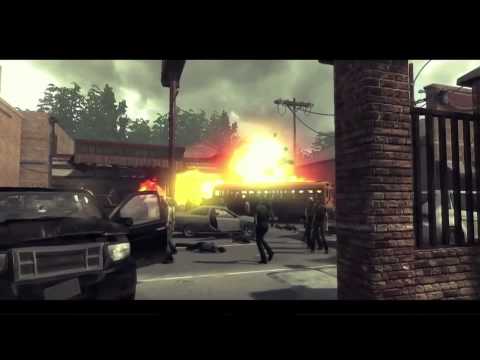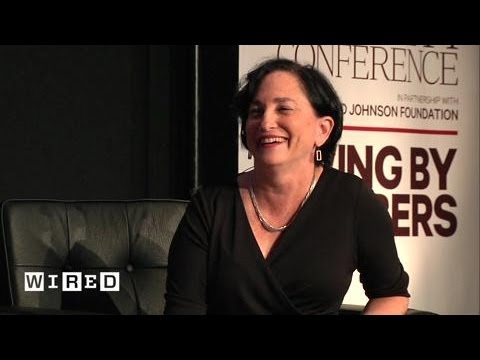The Power of Comprehensive Soldier Fitness: A Brigadier General’s Journey to Post-Traumatic Growth
Summary
In this article, we explore the journey of retired Brigadier General Ron, a former flight surgeon in the army who was shot down and captured during the first Gulf War. Despite experiencing trauma, Ron used mental techniques to overcome her experience and went on to develop the Comprehensive Soldier Fitness Initiative, a program that focuses on the psychological preparedness of soldiers to handle stressful situations without becoming traumatized. The program has been successful, with millions of soldiers taking the assessment, and Ron is now working with TechWork to apply her program to schools and companies.
Table of Contents
- The Power of Post-Traumatic Growth
- Psychological Fitness in the Military
- Applying the Comprehensive Soldier Fitness Initiative in Schools
- The Importance of Measurement and Data
The Power of Post-Traumatic Growth
Ron reflects on how being shot down and injured actually helped her become a better person, including a better patient, doctor, parent, and leader. She discusses how people often think that bad things will only have negative outcomes, but she learned to turn her injury into a growth experience. Ron believes that adverse events don’t have to be traumatic and that there is a science of positive psychology and post-traumatic growth.
Psychological Fitness in the Military
Ron discusses the importance of psychological fitness in the military and how they teach recruits to communicate better, make better decisions, and look at situations realistically. She gives an example of how they help recruits overcome their fears of going to the gas chamber by applying evidence to their fears instead of screaming at them. Ron notes that drill sergeants now go through resilience training to avoid the ineffective yelling and humiliation portrayed in movies.
Applying the Comprehensive Soldier Fitness Initiative in Schools
Ron discusses a program that was built for schools and adapted for the military, which focuses on teaching skills such as self-confidence, self-efficacy, empathy, and self-regulation. She recommends implementing this program in schools, including universities, high schools, and middle schools, as those are the places where the data shows it is effective. Ron suggests that parents should be the first ones to have conversations about these skills with their children and recommends a book called The Resilience Factor by Karen Ravitch for parents to read. In terms of implementing the program in schools, guidance counselors, homeroom teachers, and coaches would be good places to start.
The Importance of Measurement and Data
Ron also discusses the importance of measurement and data in the military and suggests that there are opportunities to use these lessons in civilian space. By measuring resilience and psychological fitness, organizations can identify areas for improvement and track progress over time. Ron believes that this approach can be applied to schools and companies to help individuals and organizations become more resilient and better equipped to handle adversity.
Conclusion
Ron’s journey from trauma to post-traumatic growth is a powerful example of the resilience of the human spirit. Her Comprehensive Soldier Fitness Initiative has helped millions of soldiers and has the potential to be applied in schools and companies to promote psychological fitness and resilience. By focusing on skills such as self-confidence, self-efficacy, empathy, and self-regulation, individuals and organizations can become better equipped to handle adversity and achieve post-traumatic growth.






